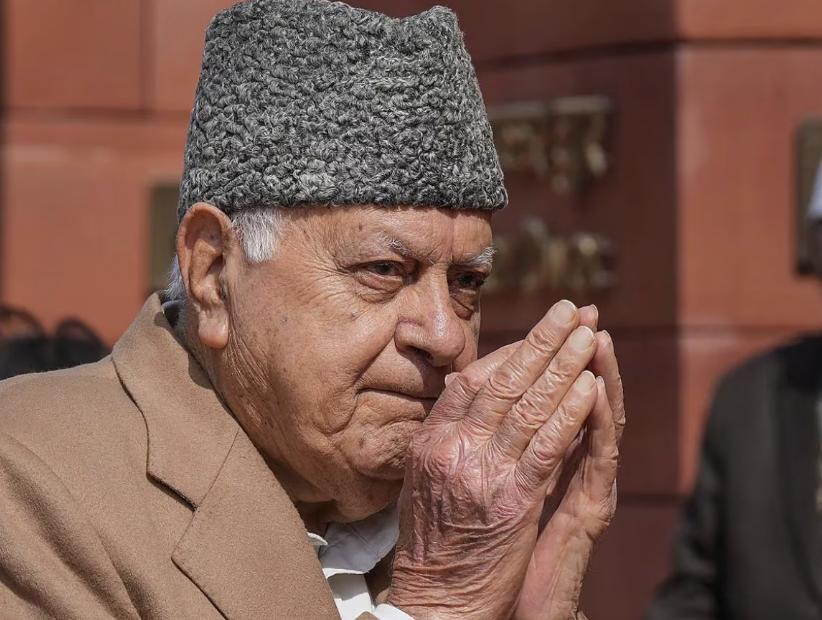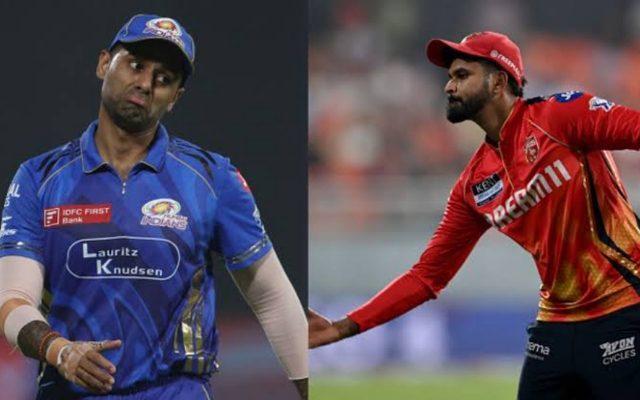
Ex-R&AW Chief Dulat Claims Farooq Privately Backed Article 370 Abrogation, He Denies
The recent abrogation of Article 370, which granted special status to Jammu and Kashmir, has been a topic of intense debate and controversy. While the central government has defended its decision, several voices have been raised against it, citing concerns about the rights and autonomy of the state’s people. In his new book, “The Chief Minister and the Spy”, former R&AW chief AS Dulat has made a startling claim, which has sparked a fresh wave of controversy. Dulat, a well-known figure in India’s intelligence circles, has alleged that former J&K Chief Minister Farooq Abdullah privately backed the abrogation of Article 370.
Dulat’s book, which is based on his experiences as a spy and his interactions with various political leaders, including Abdullah, has triggered a heated debate. According to the book, Abdullah’s National Conference (NC) had suggested that the abrogation of Article 370 would have helped in passing the Bill in Parliament. Dulat claims that Abdullah had told him that the NC was willing to “go along” with the Centre’s decision, provided it was done in a “peaceful and constitutional manner”.
However, Abdullah has strongly denied Dulat’s claims, calling them a “figment of imagination” of the author, who claims to be his friend. In a statement, Abdullah said, “I have never believed in abrogating Article 370. I have always believed in the dignity of the people of Jammu and Kashmir and their rights. I have never suggested or supported the idea of abrogating Article 370.”
Dulat’s book has sparked a fresh wave of controversy, with many questioning the motives behind the author’s claims. While Dulat is a respected figure in India’s intelligence circles, his credibility has been challenged by Abdullah’s denial. The controversy has also raised questions about the nature of the relationship between the Centre and the state government, particularly in the wake of the abrogation of Article 370.
The abrogation of Article 370 was a major decision taken by the central government, which was widely seen as a move to integrate Jammu and Kashmir with the rest of the country. However, the decision has been criticized by many, who argue that it has undermined the state’s autonomy and the rights of its people. The move has also led to widespread protests and violence in the state, with many calling for the repeal of the decision.
In the midst of this controversy, Dulat’s book has added a new layer of complexity to the debate. While Dulat’s claims have sparked a fresh wave of controversy, they have also raised questions about the politics of the state and the Centre’s decision-making process. The controversy has also highlighted the challenges of reconciling the competing demands of national security and regional autonomy.
The abrogation of Article 370 has also led to a fresh wave of tension between India and Pakistan, with the latter accusing India of violating the Constitution and the human rights of the people of Jammu and Kashmir. The situation has been further complicated by the recent decision of the Pakistan government to downgrade diplomatic relations with India and suspend trade.
In the midst of this controversy, Dulat’s book has added a new layer of complexity to the debate. While Dulat’s claims have sparked a fresh wave of controversy, they have also raised questions about the politics of the state and the Centre’s decision-making process. The controversy has also highlighted the challenges of reconciling the competing demands of national security and regional autonomy.
In conclusion, the controversy surrounding Dulat’s book has added a new layer of complexity to the debate over the abrogation of Article 370. While Dulat’s claims have sparked a fresh wave of controversy, they have also raised questions about the politics of the state and the Centre’s decision-making process. The controversy has also highlighted the challenges of reconciling the competing demands of national security and regional autonomy.
News Source:
https://repository.inshorts.com/articles/en/PTI/5880e3bf-0a05-40d6-887a-465b5c760b3a






